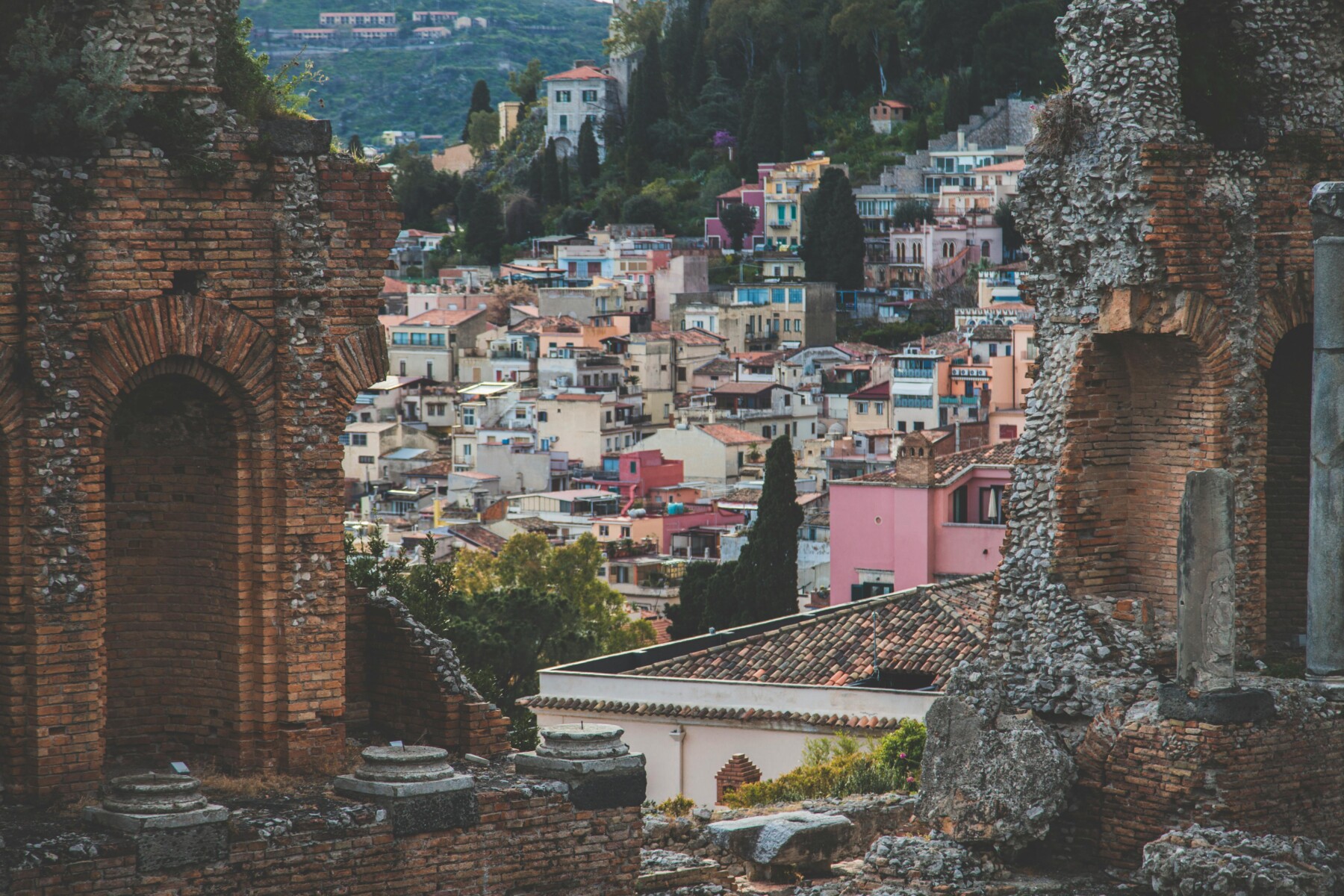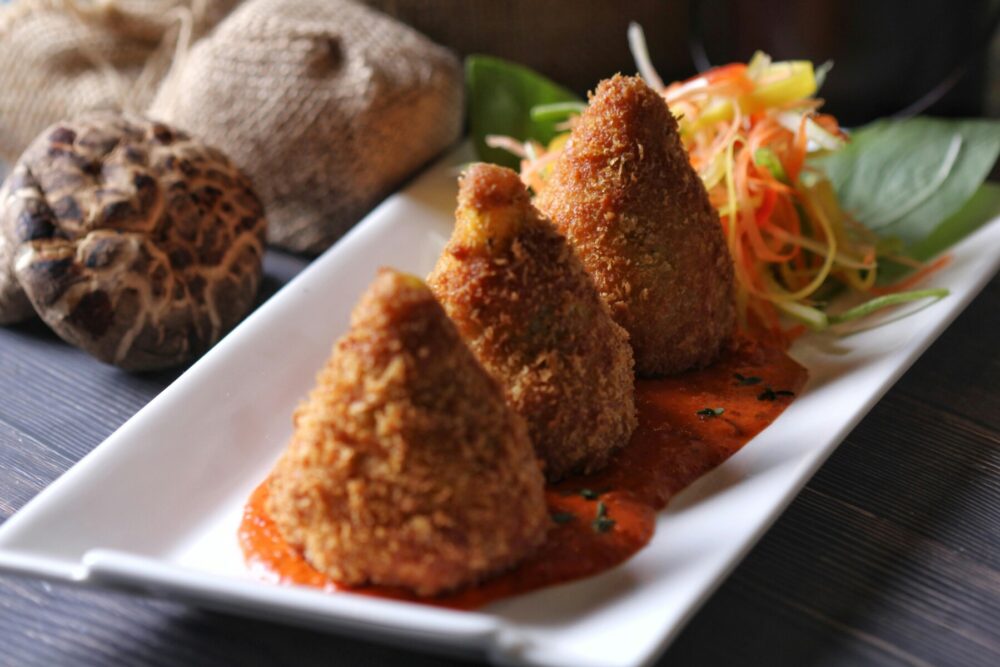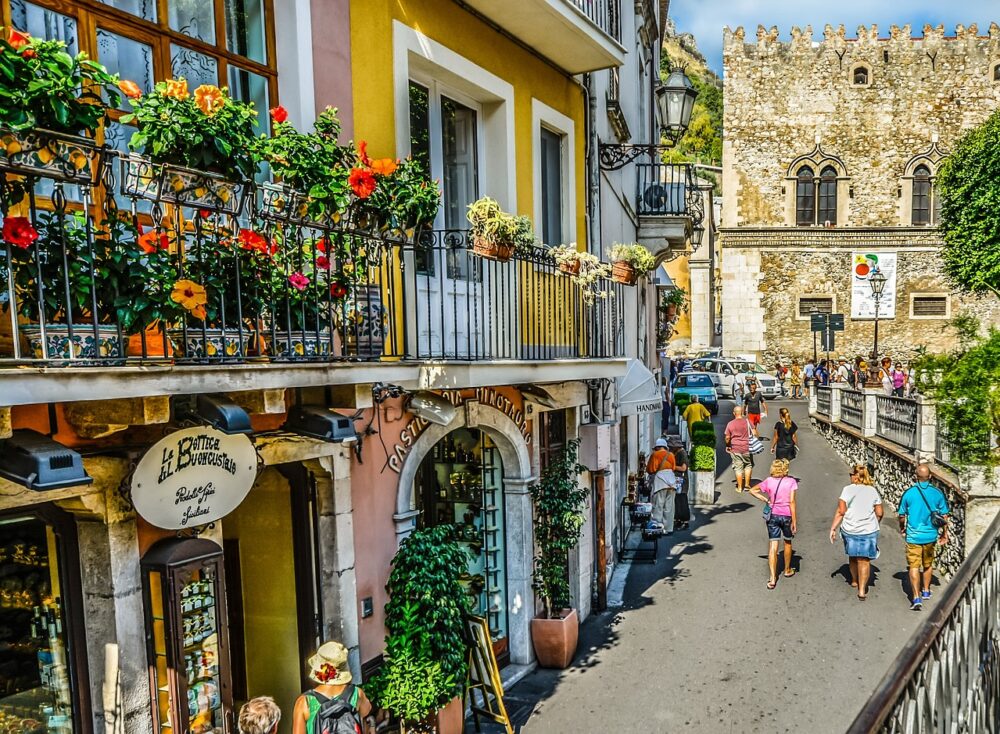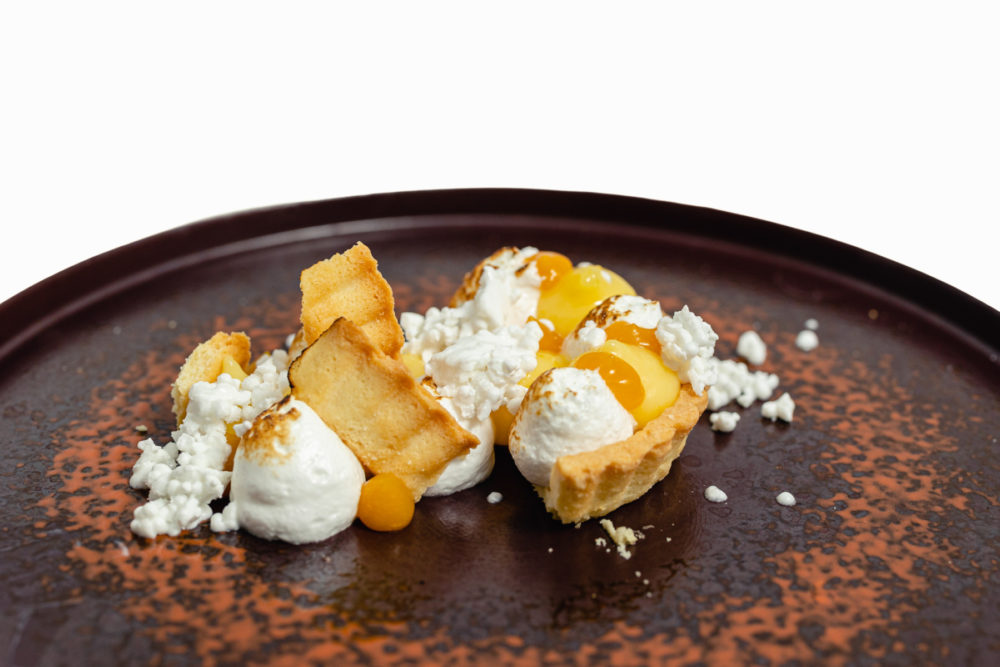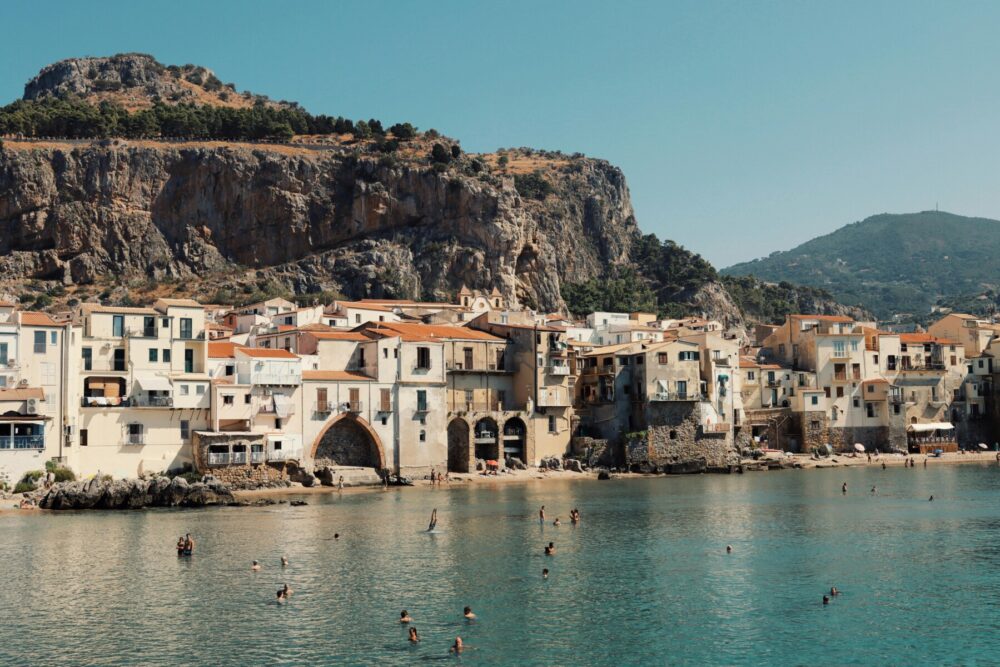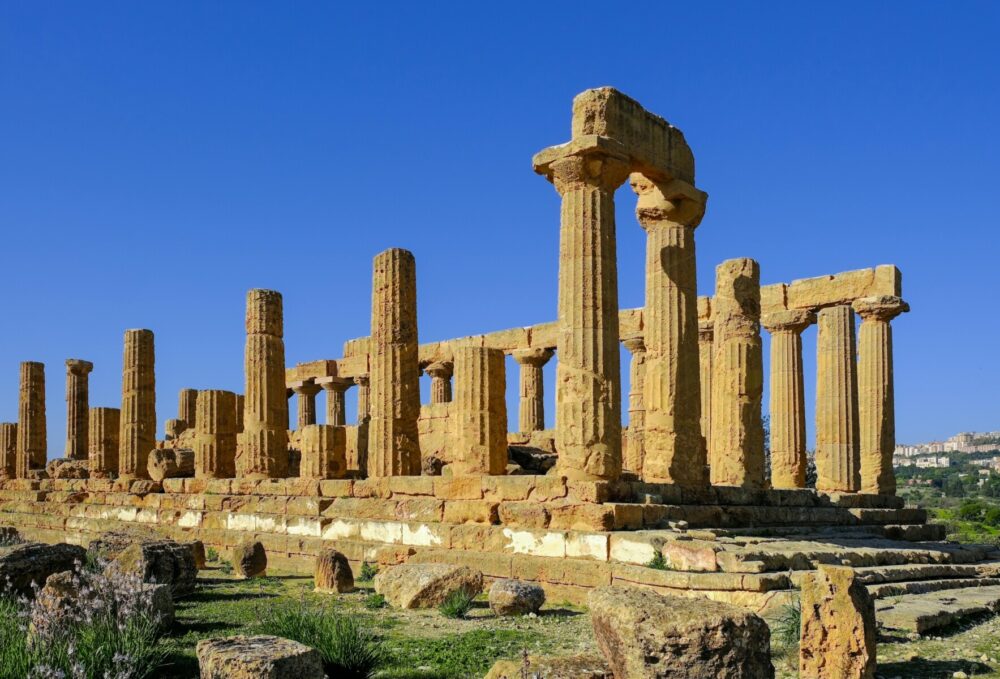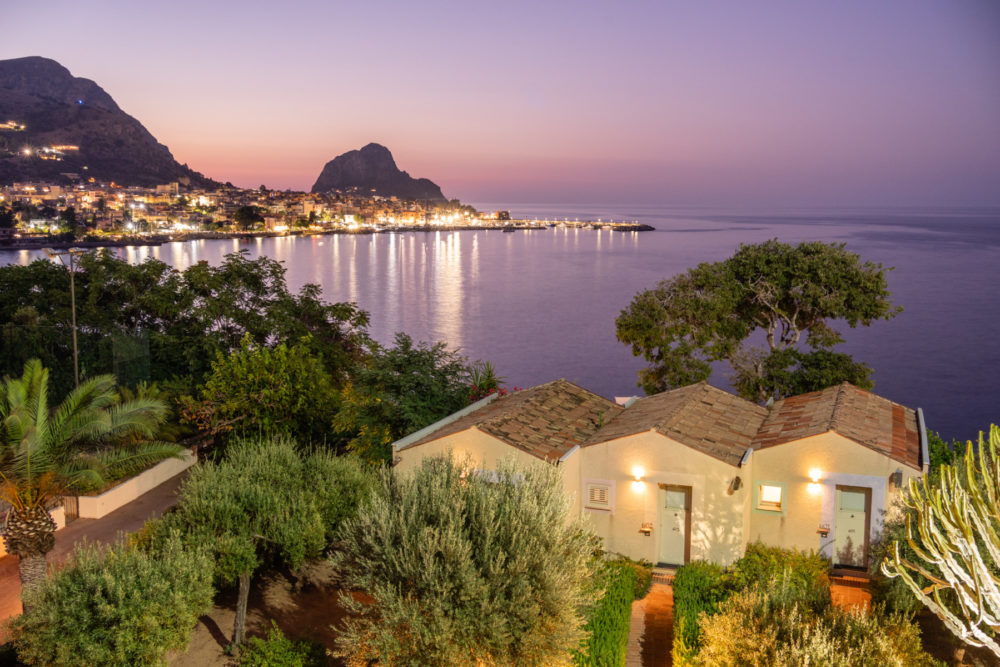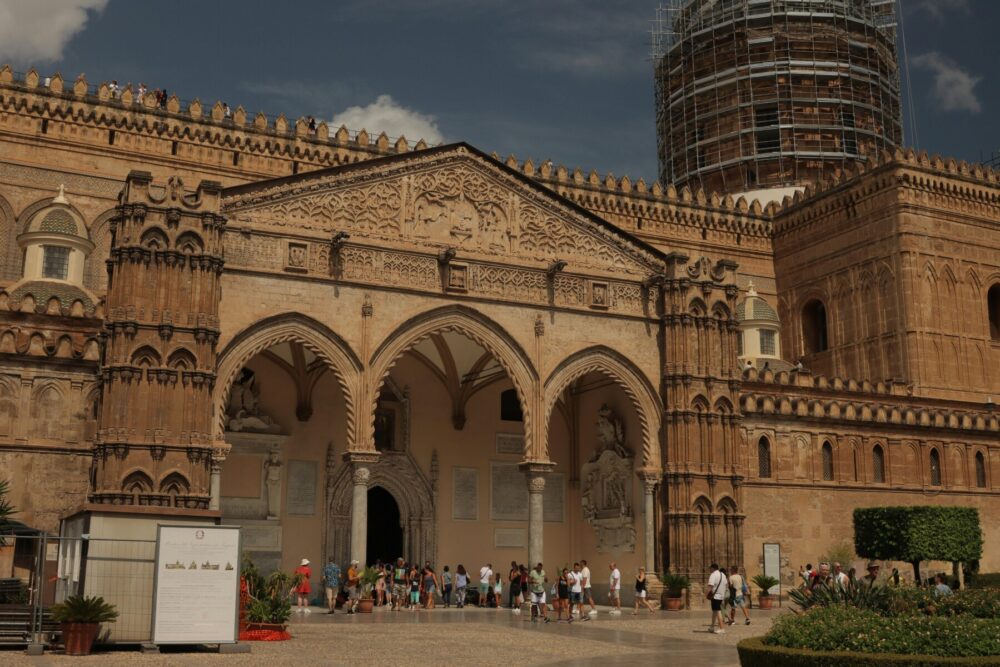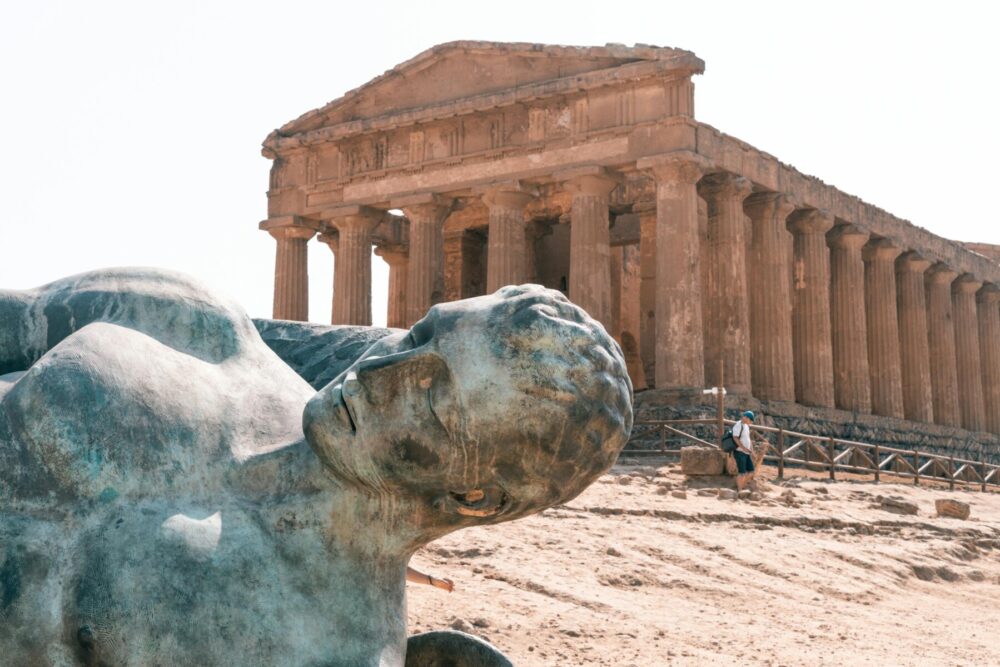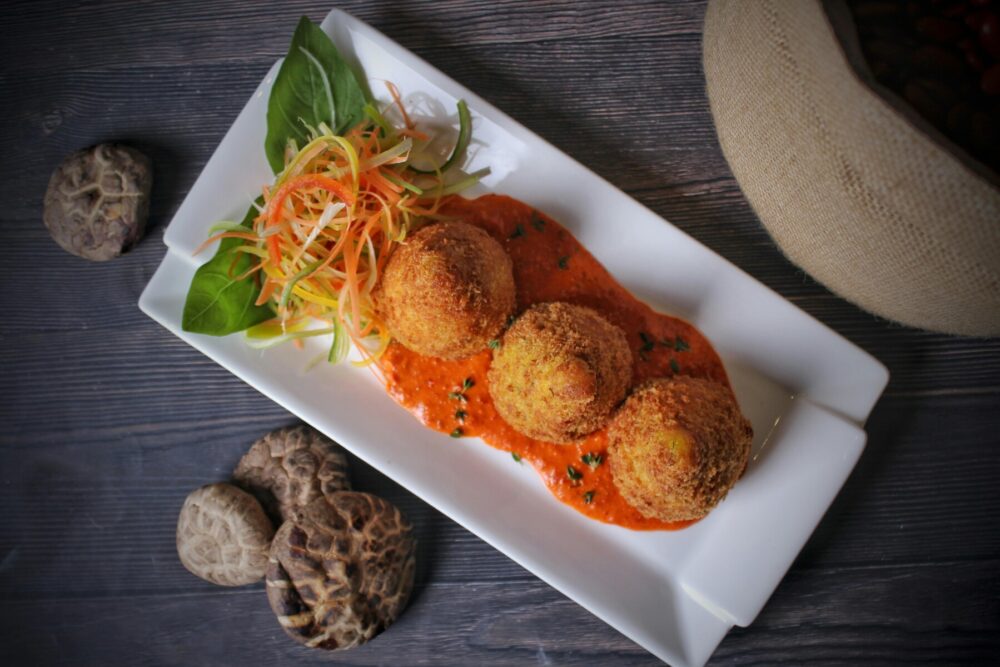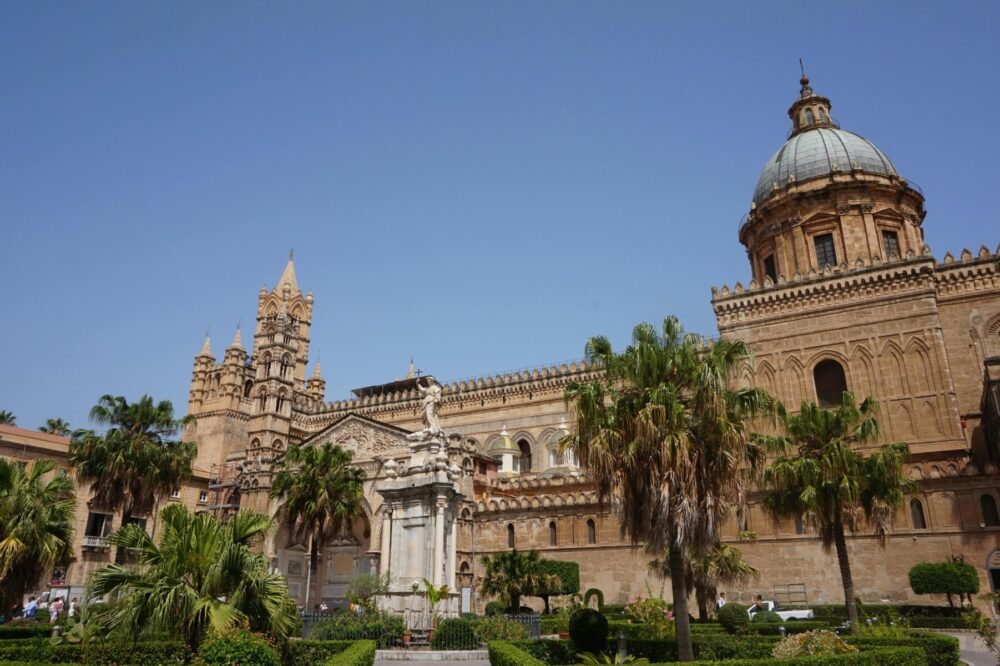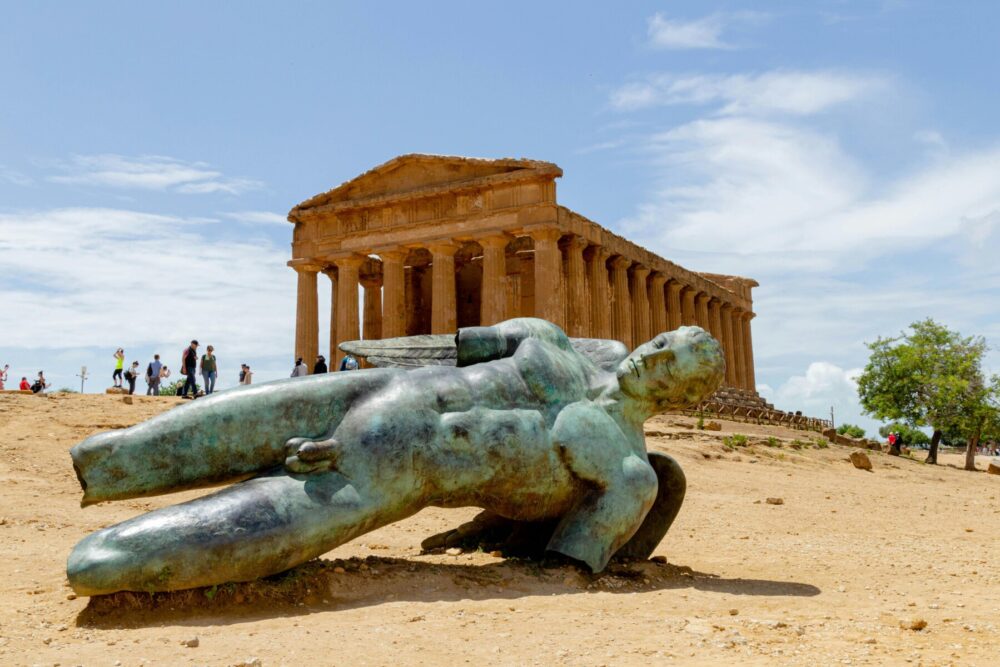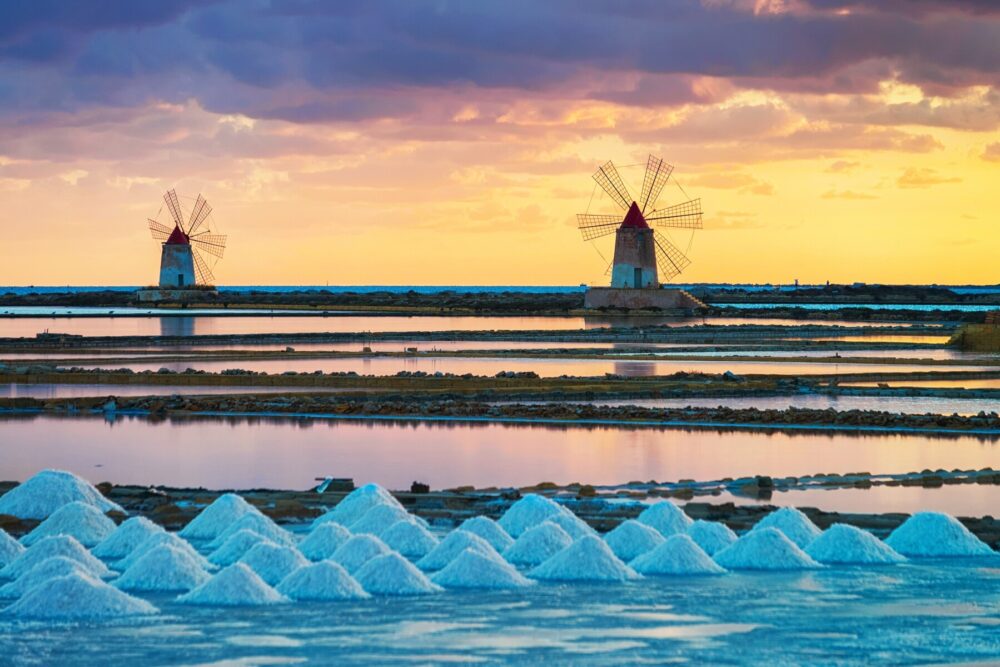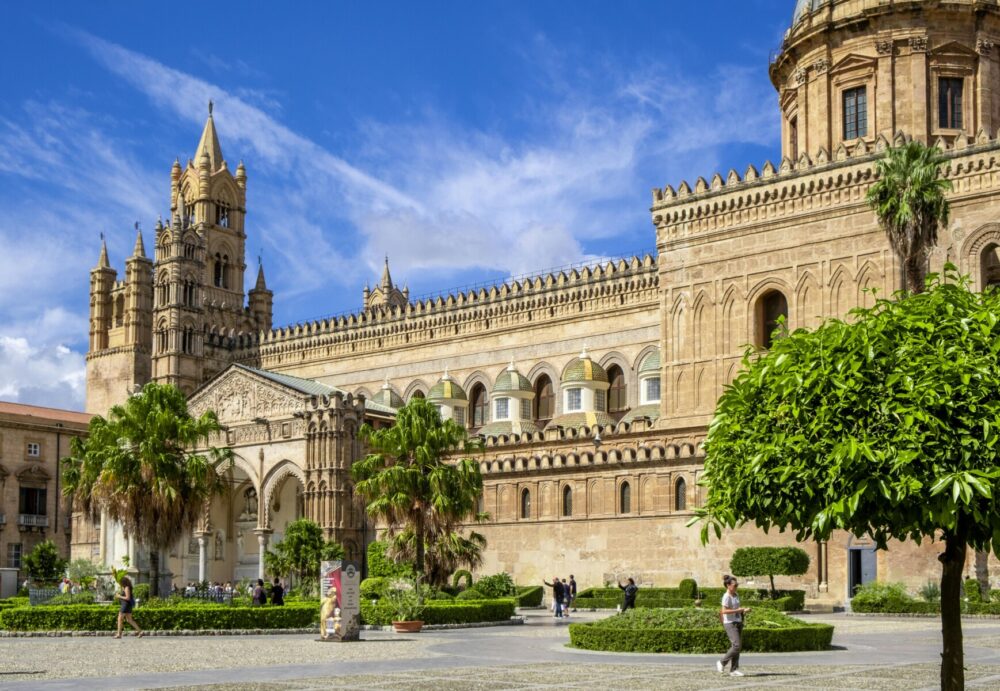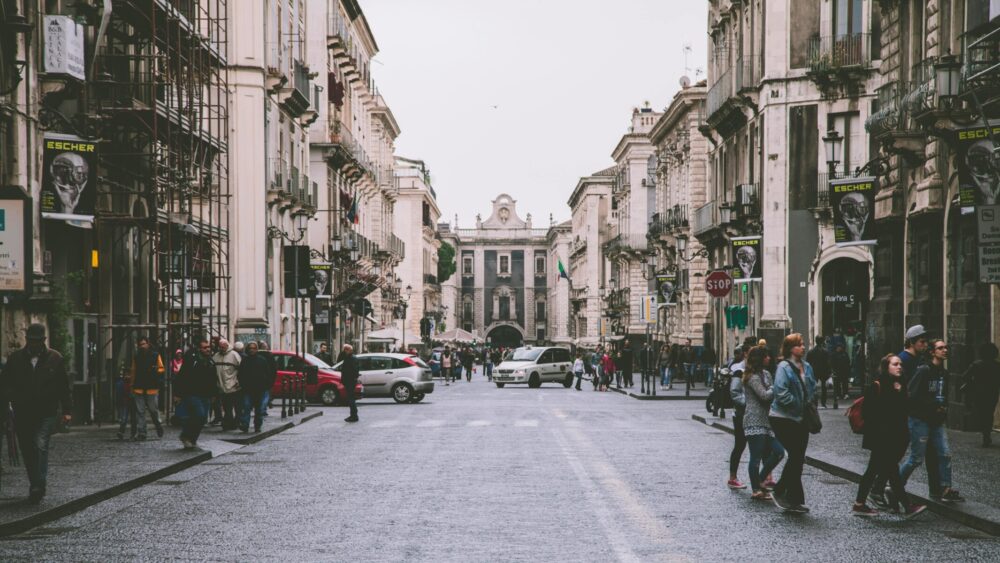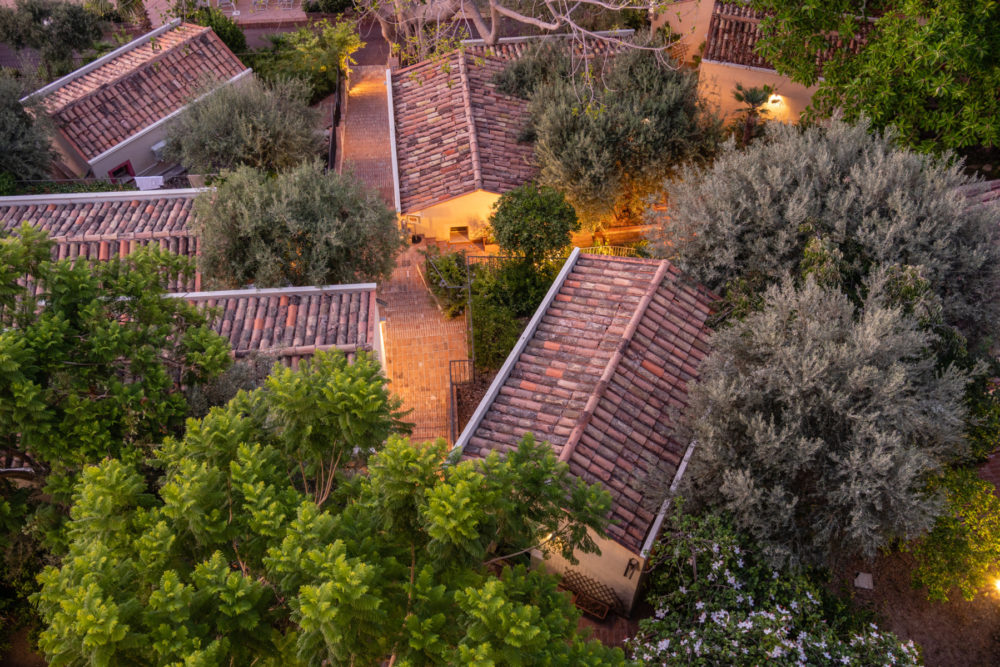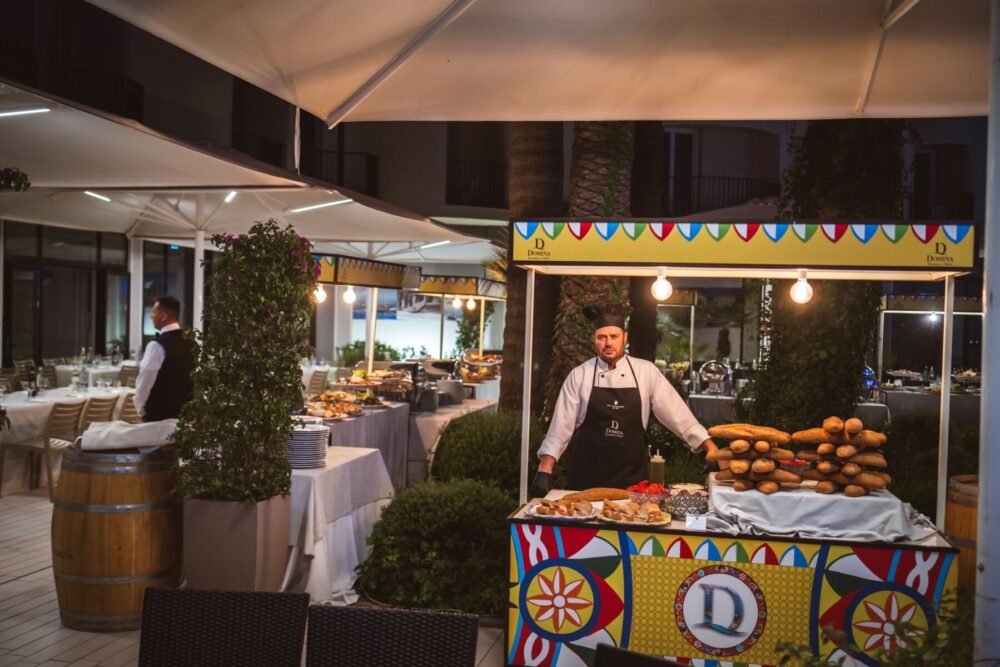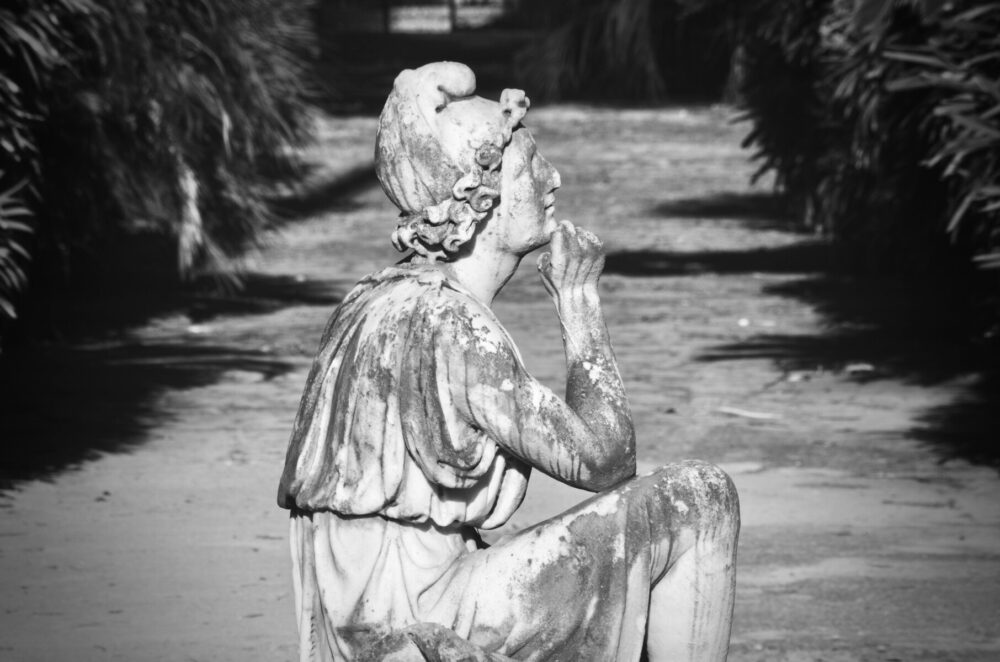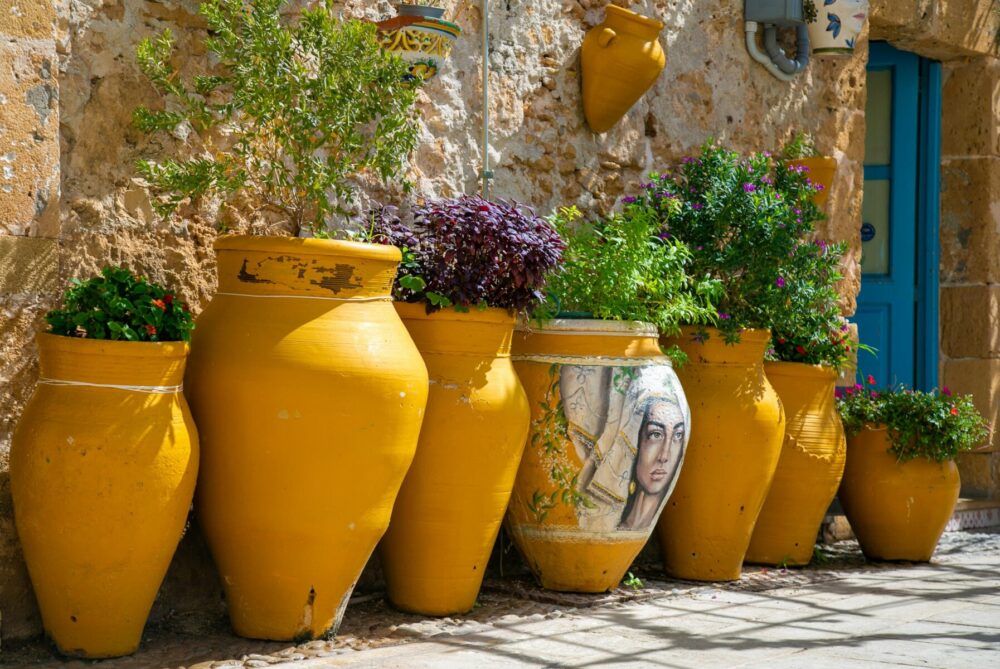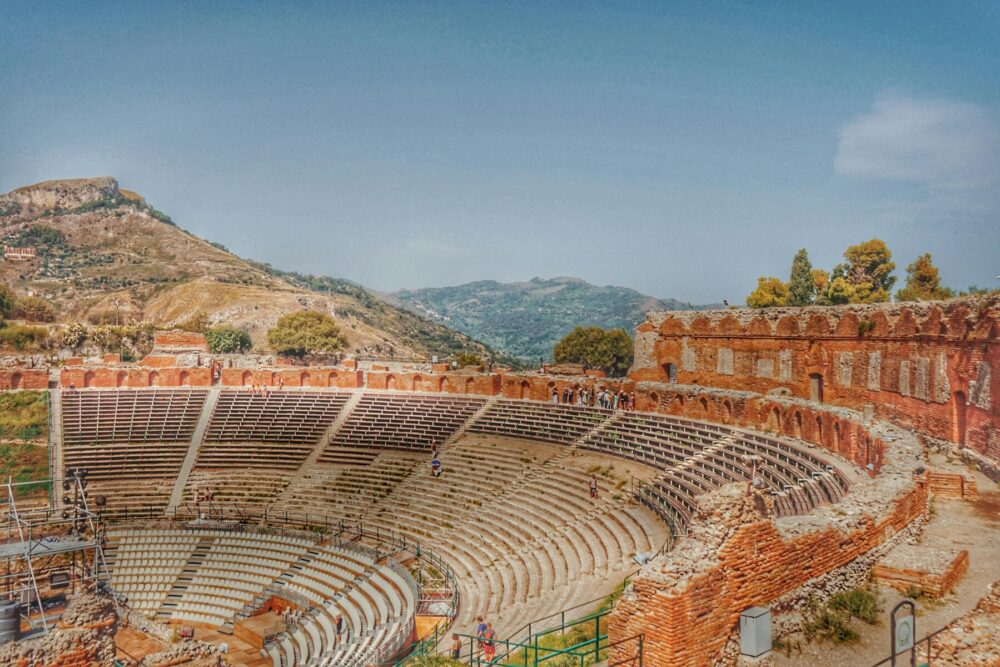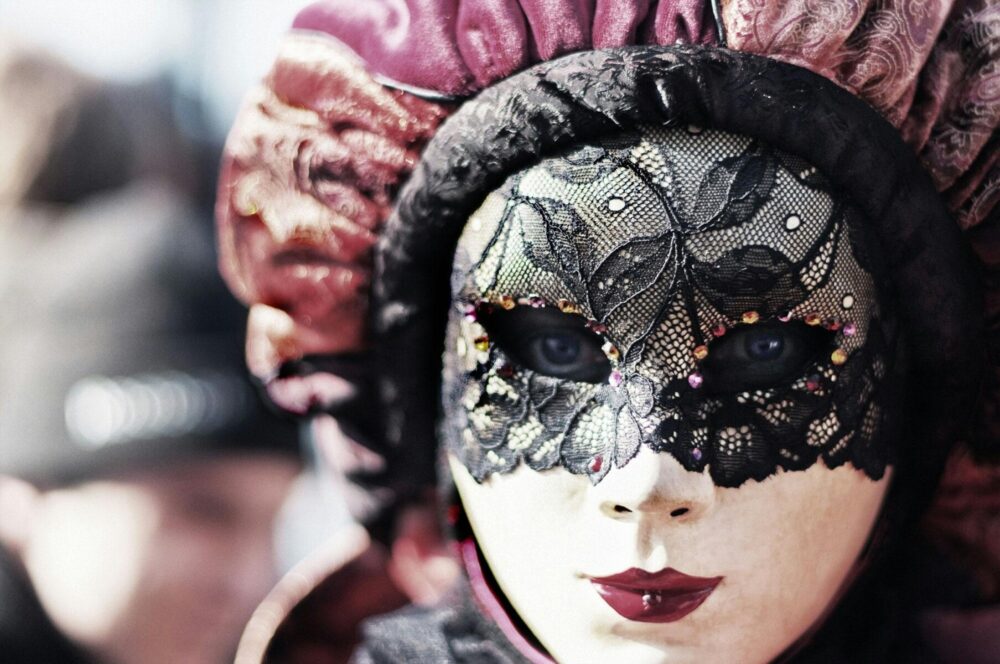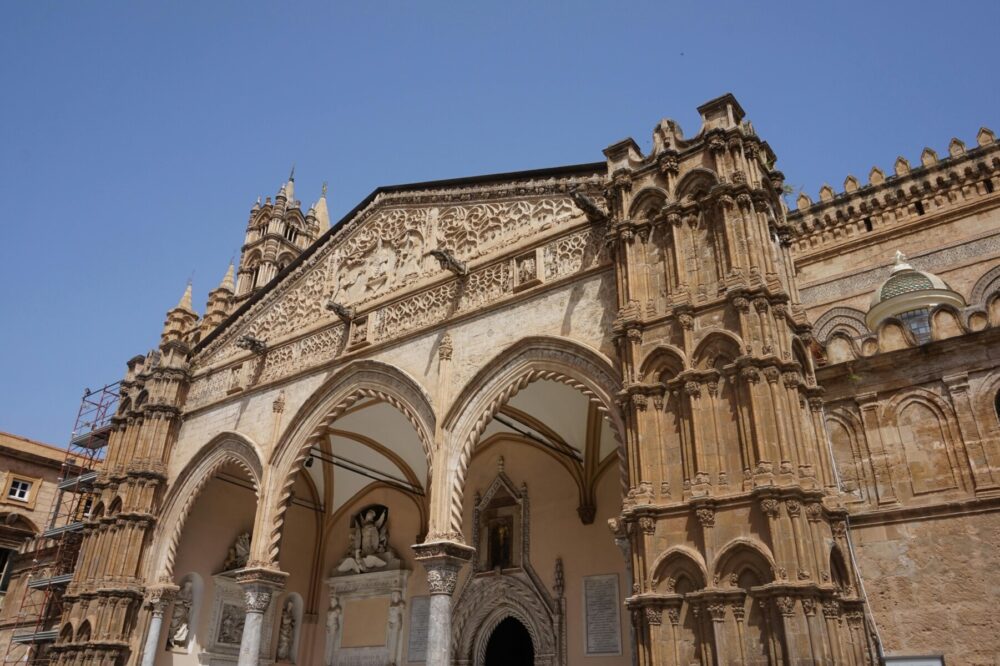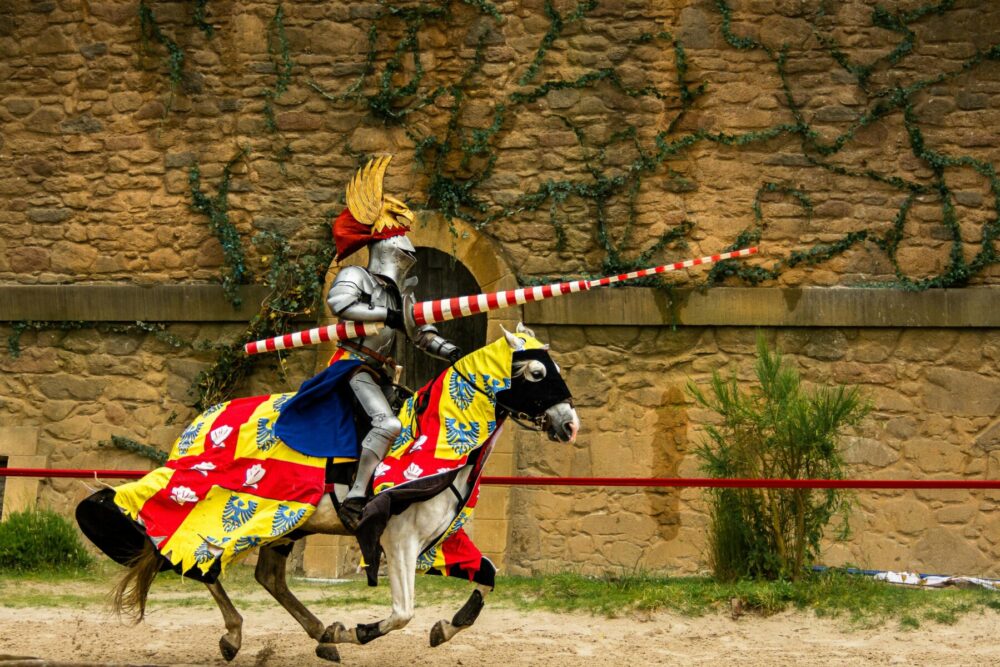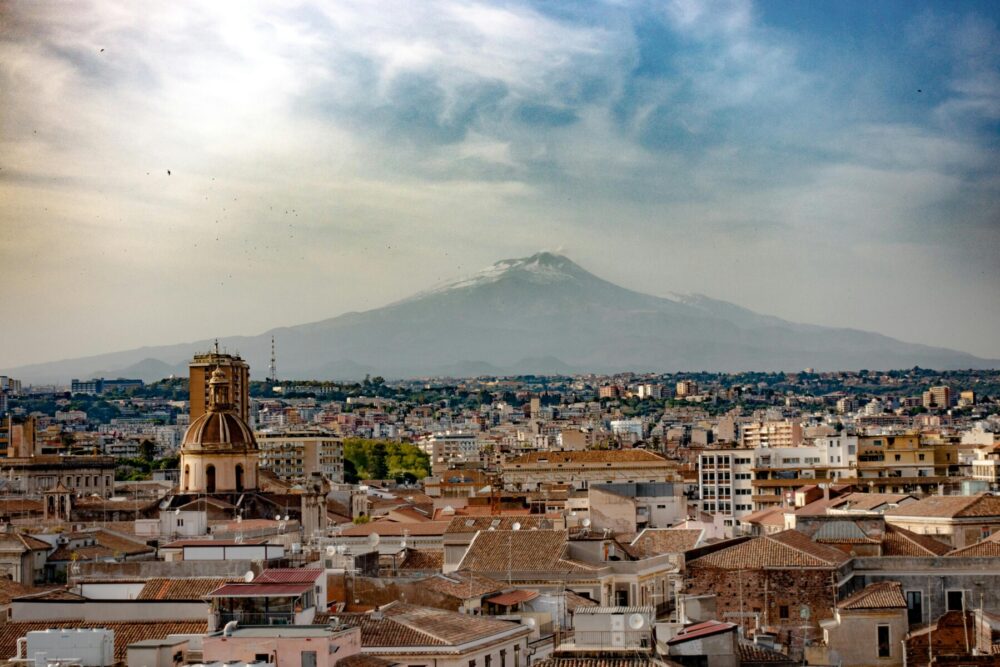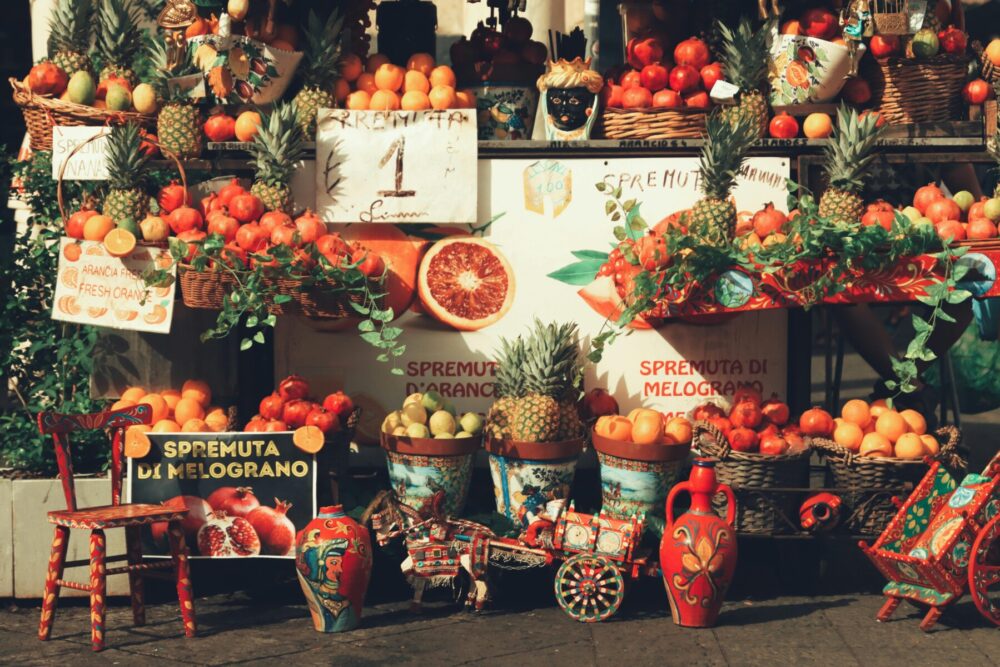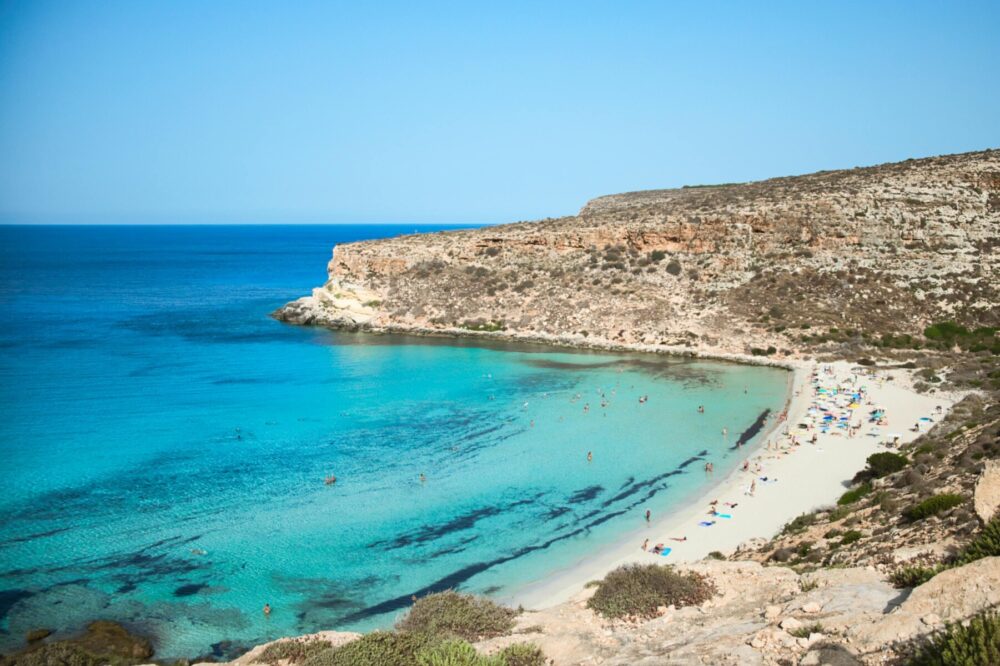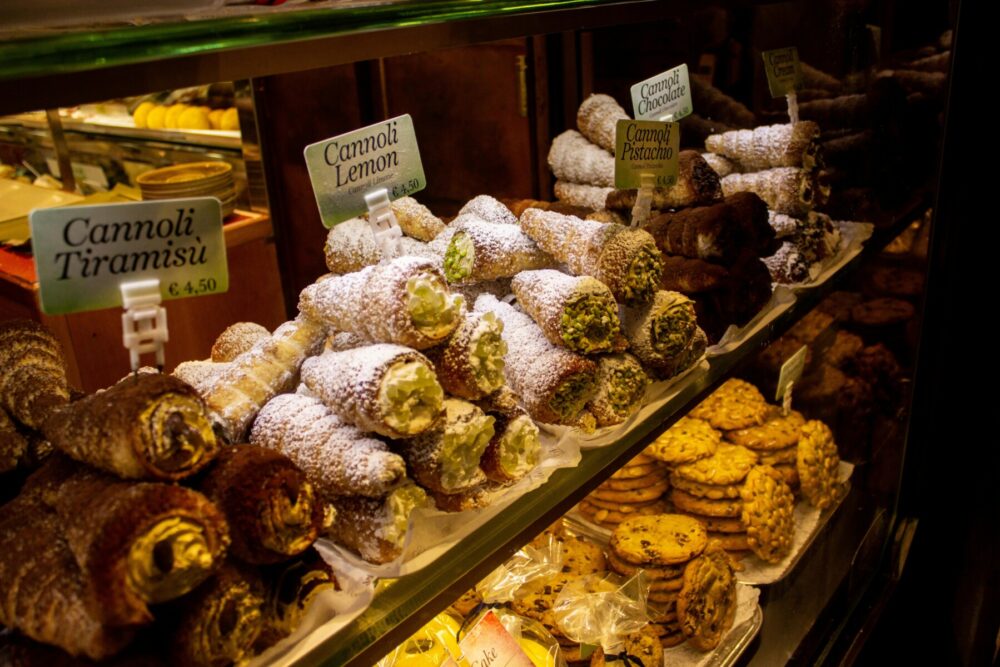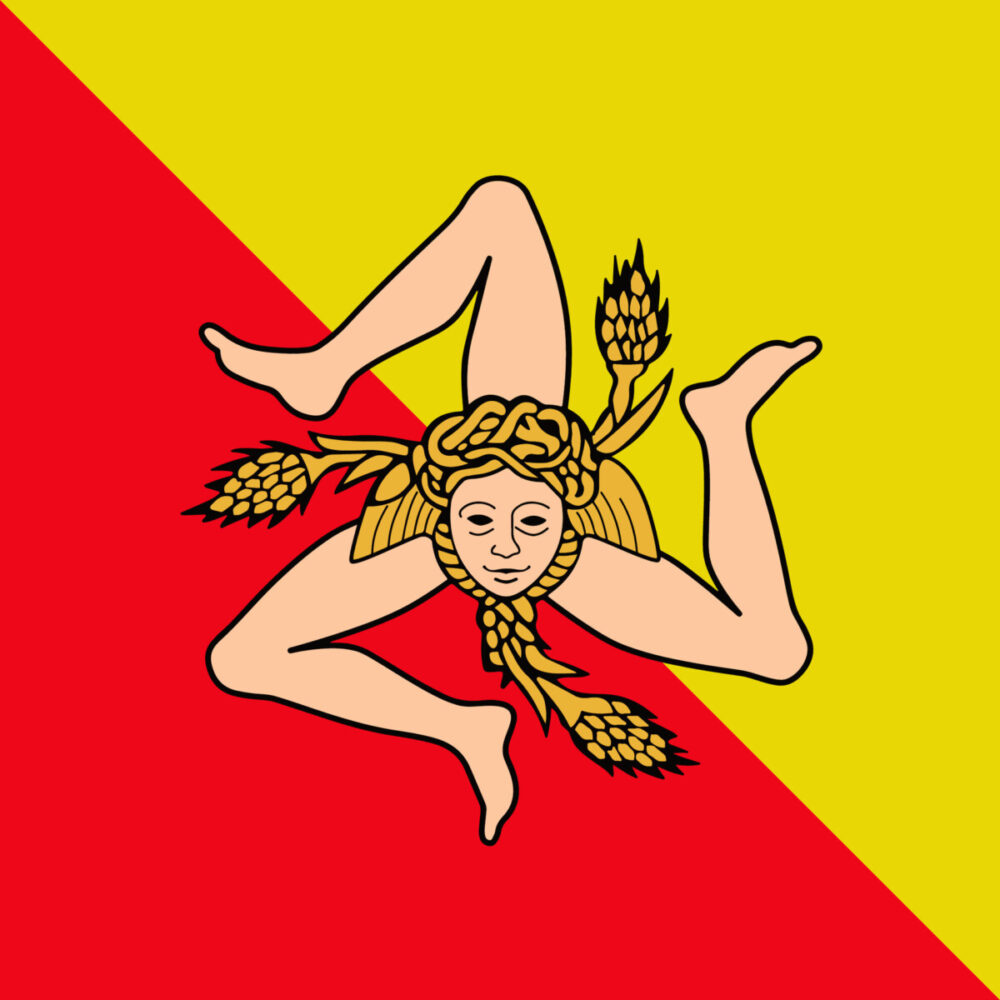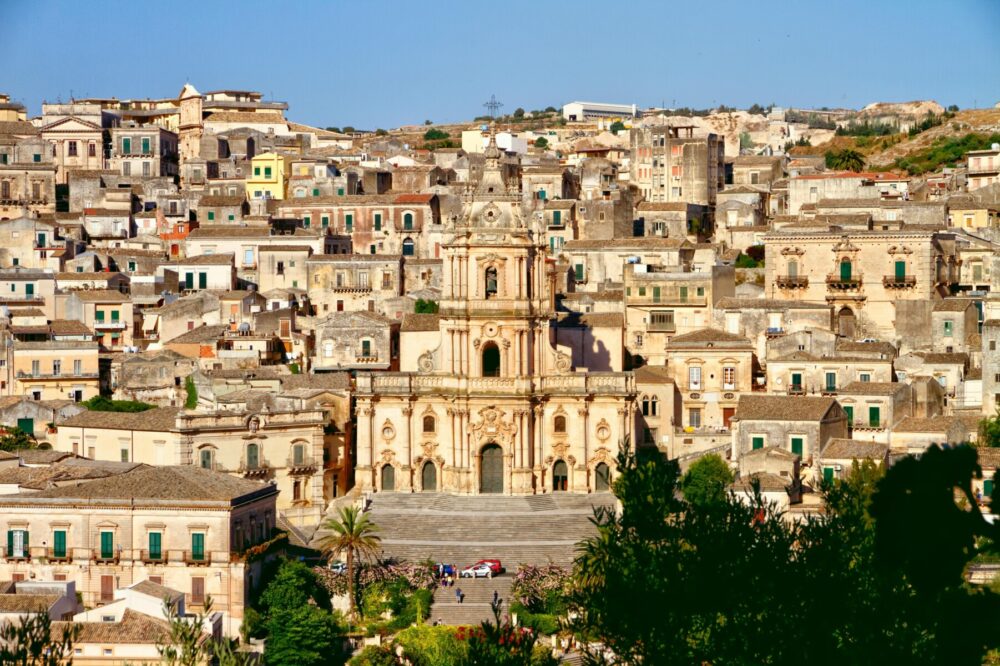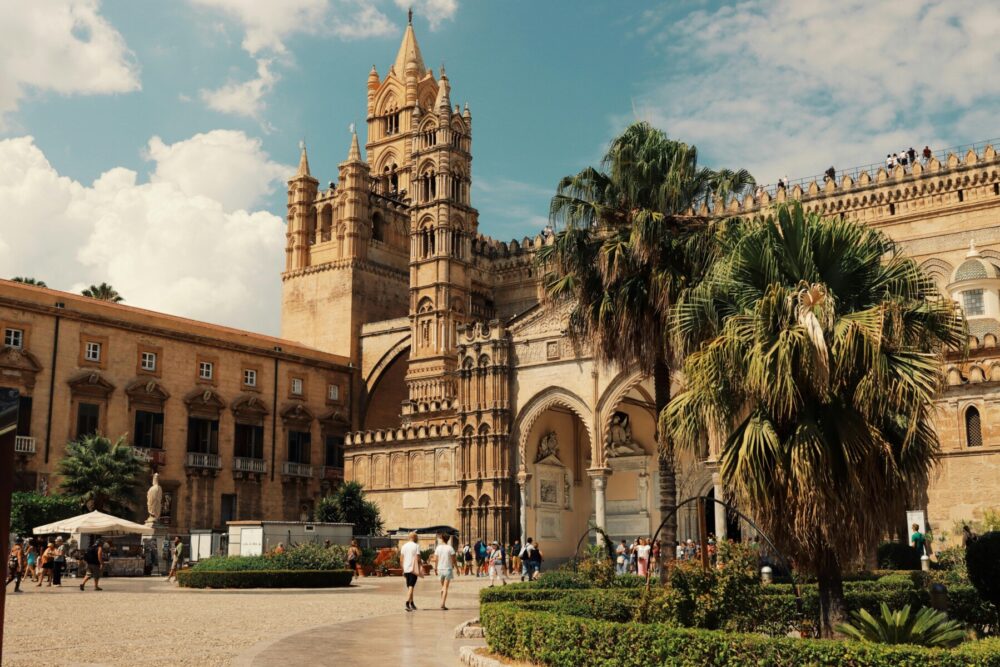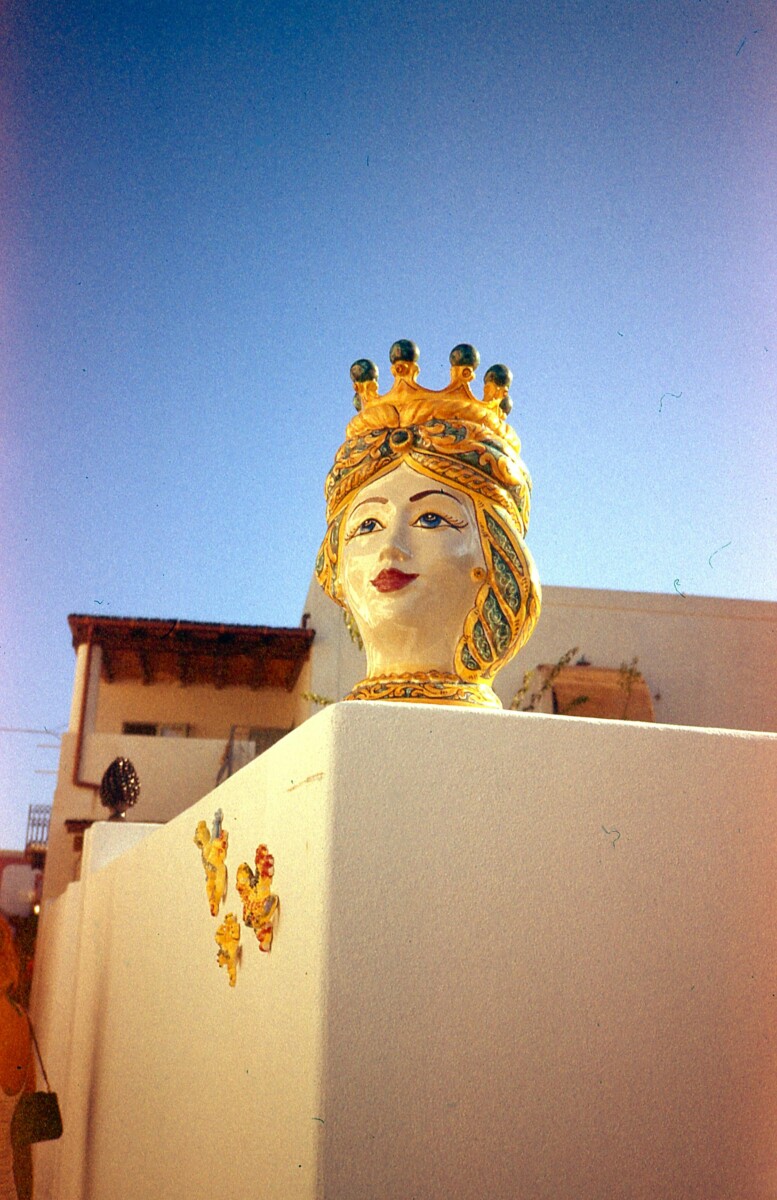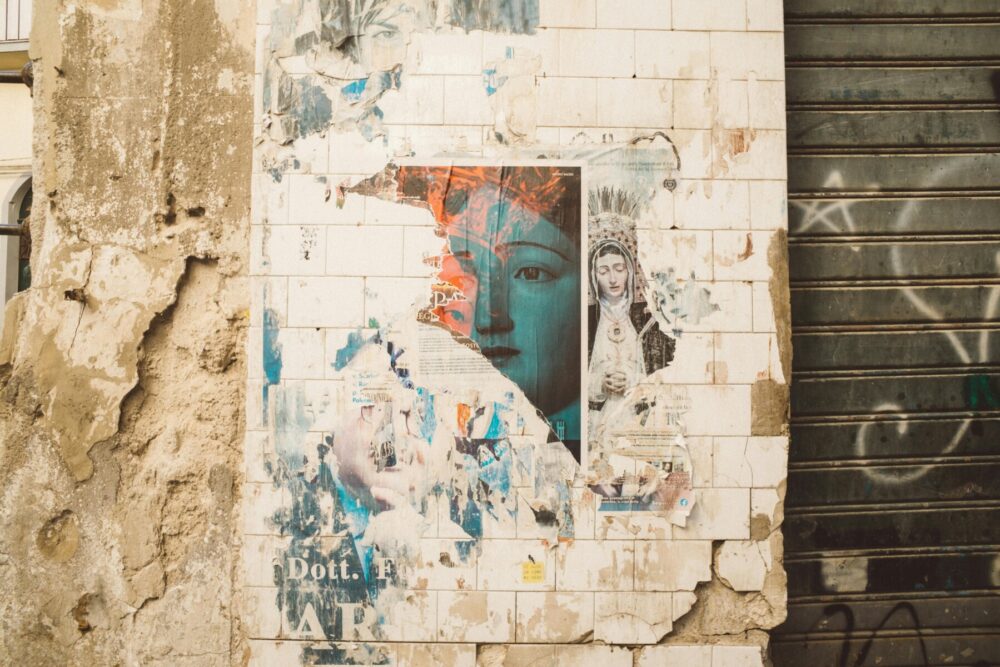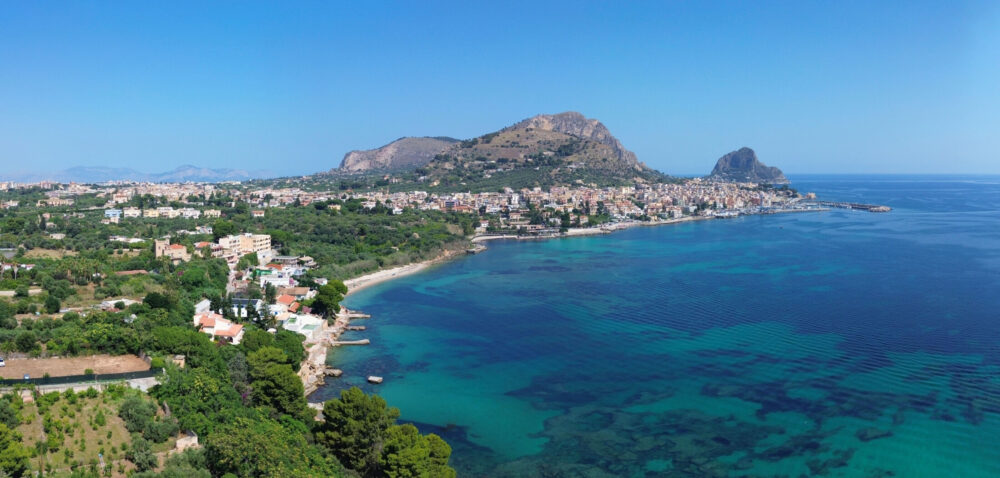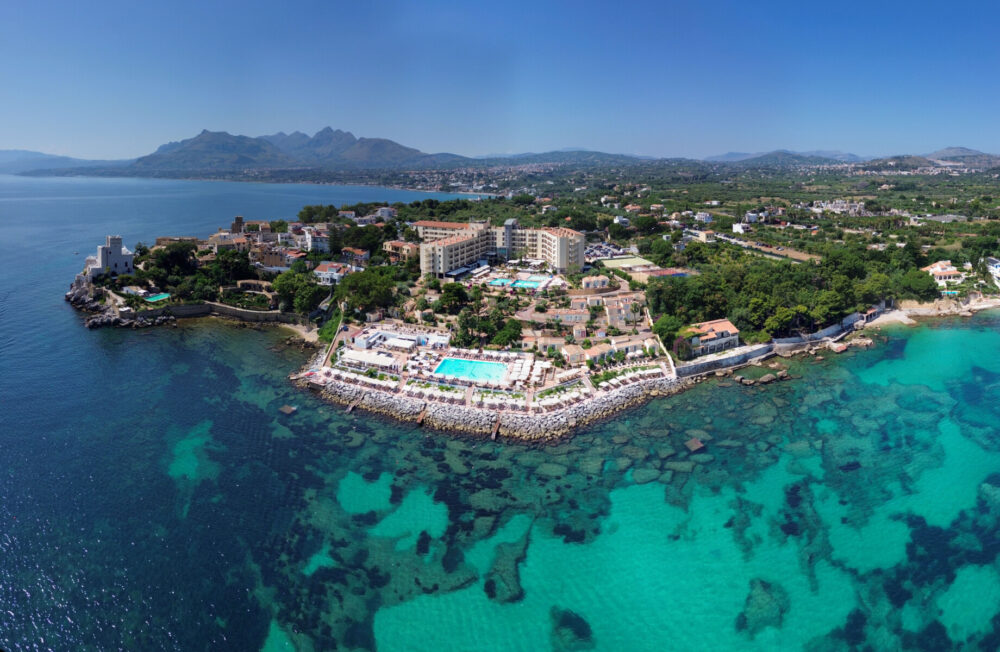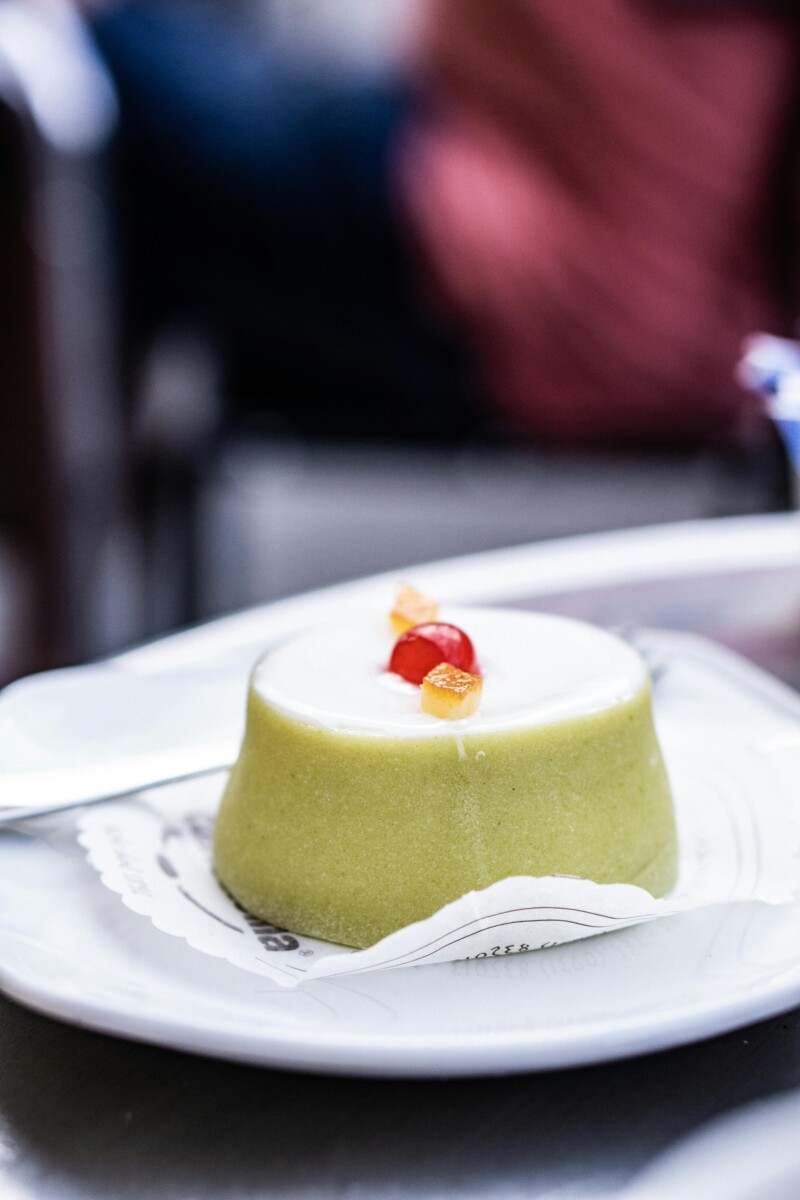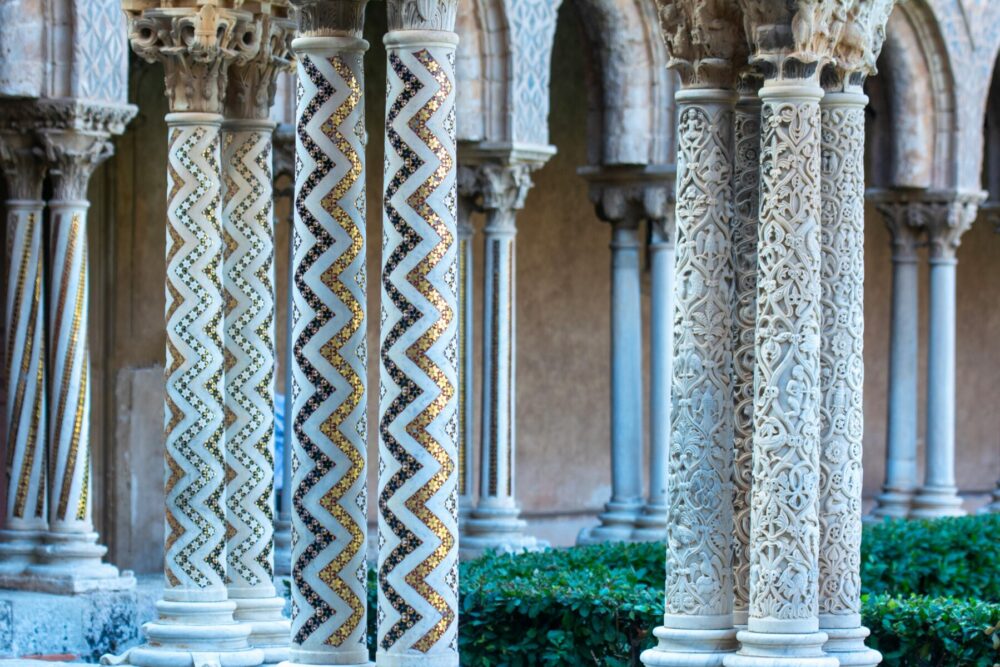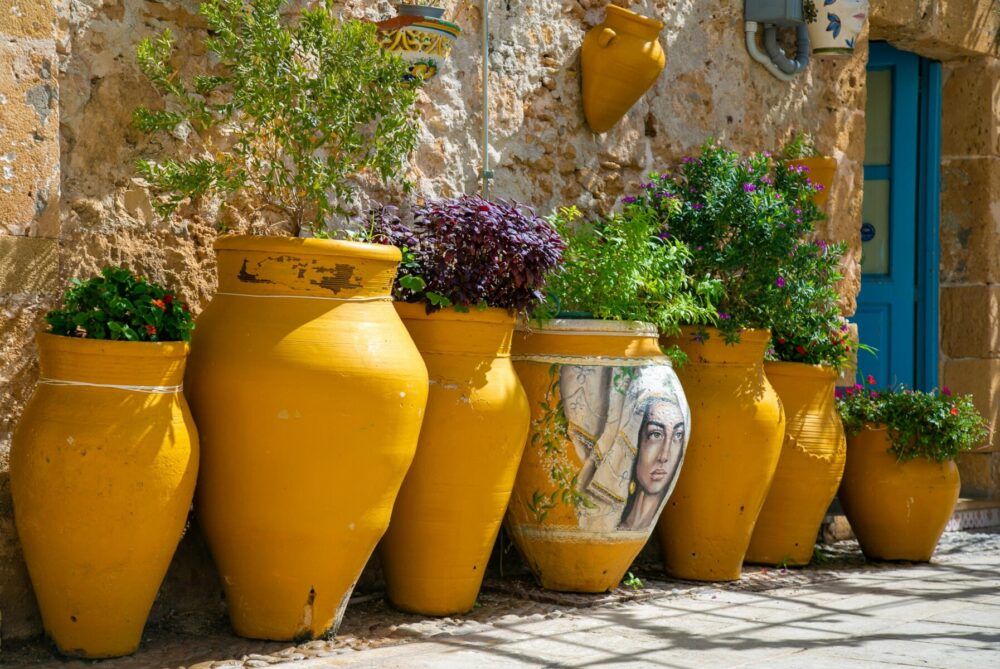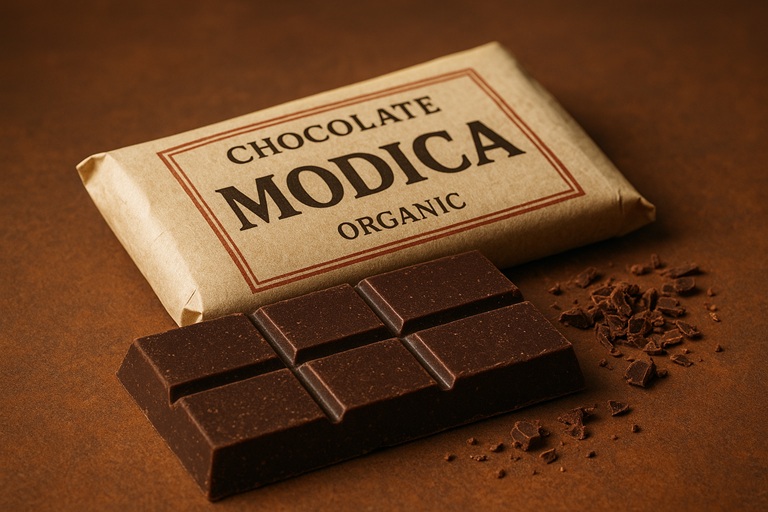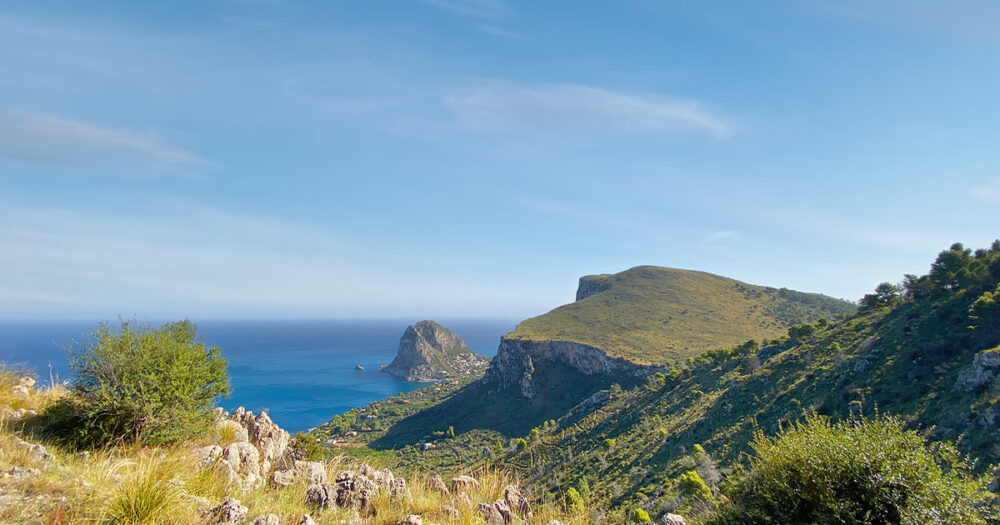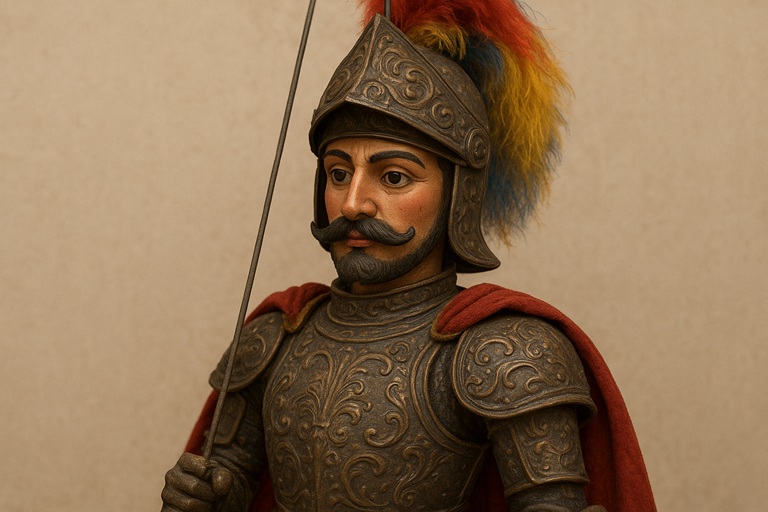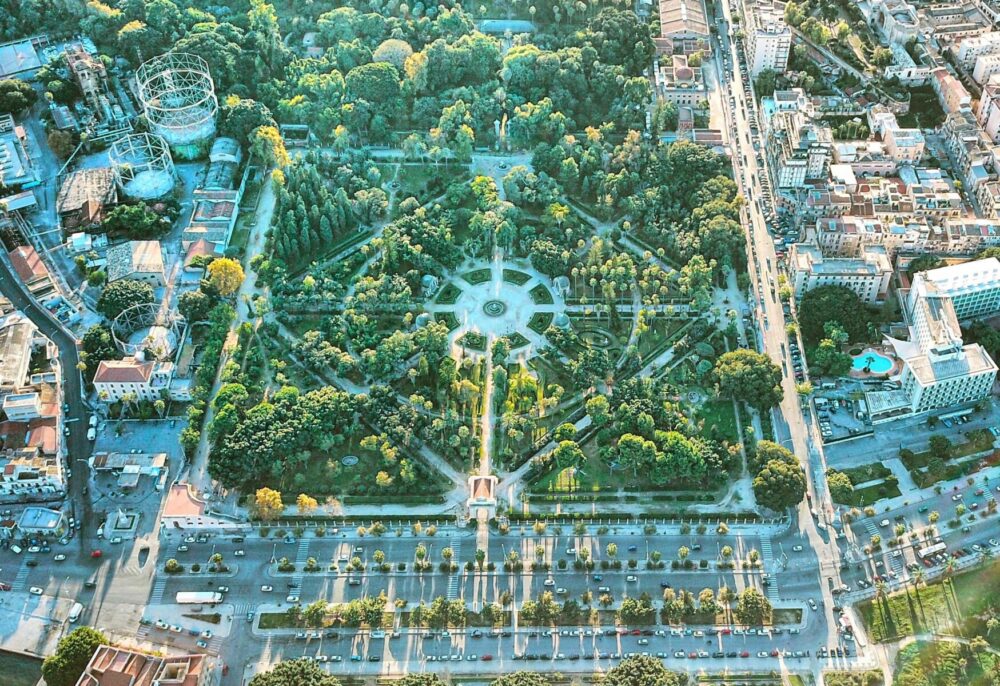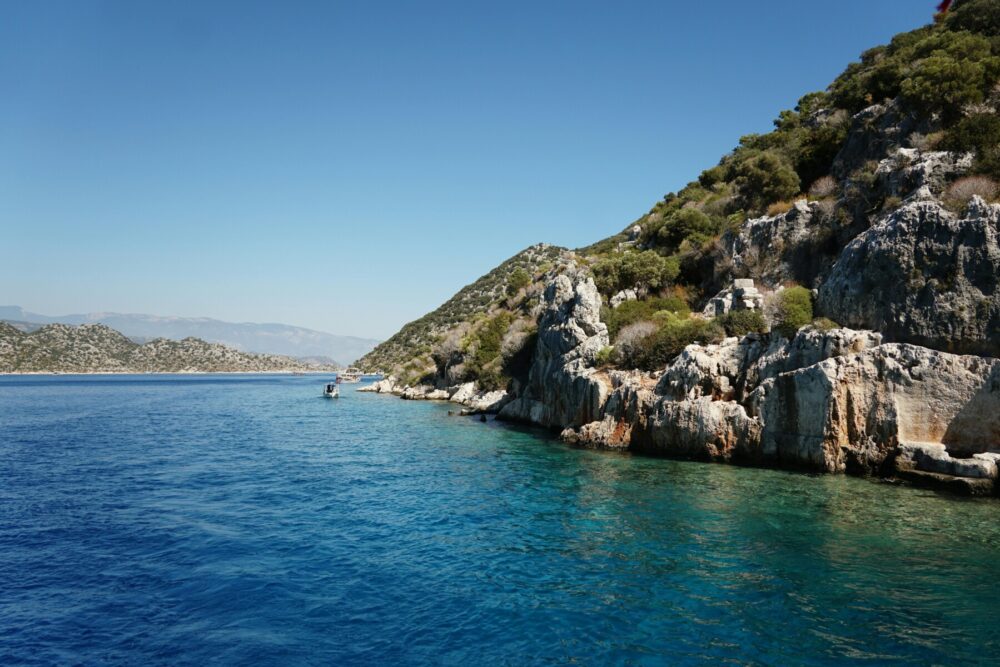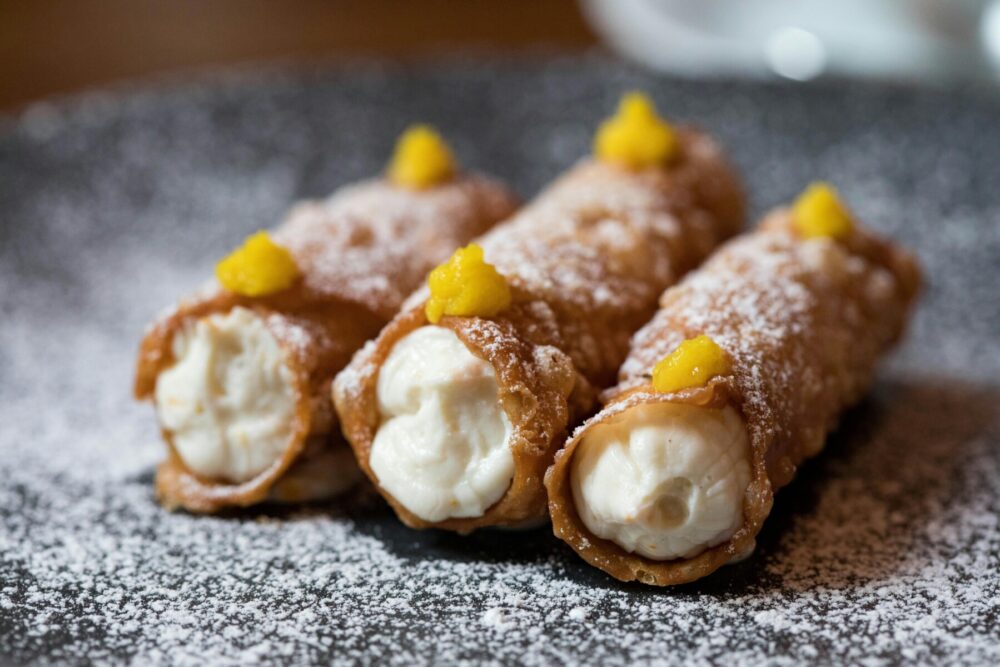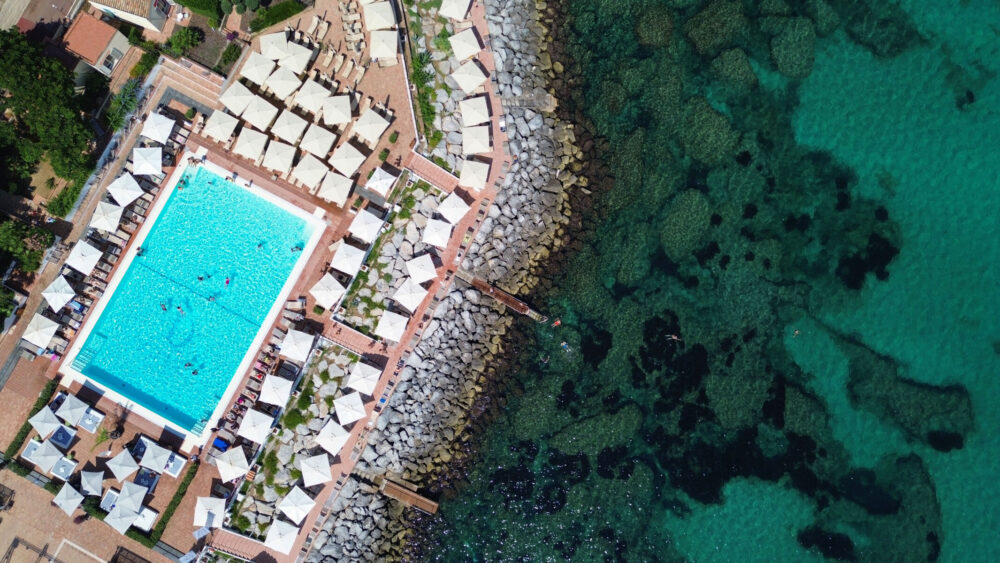Sicilian Folklore: Curiosities to Discover
Sicily, land of sun and sea, is also a collection of traditions and legends with roots in a past rich in history and culture. Sicilian folklore is a mosaic of stories, music, dances, and rituals that reflect the vibrant soul of the island. From Greek myths to Arab influences, every corner of Sicily tells fascinating stories that have crossed the centuries. Discovering Sicilian folklore means immersing yourself in a world of colors, sounds, and flavors that tell the story of the life and beliefs of a proud and passionate people.
What is Sicilian folklore?
Sicilian folklore is a collection of cultural traditions that represent the identity and history of the island. This rich cultural heritage is the result of centuries of diverse influences, including Greek, Roman, Arab, and Norman, which have shaped Sicily in various ways. Folklore is expressed through a variety of artistic and social forms, such as religious festivals, fairs, traditional dances, and folk music.
Sicilian legends and myths, often passed down orally, tell stories of heroes, saints, and magical creatures, reflecting deep spirituality and a strong connection to the land. The Sicilian puppets, known as “pupi,” are an iconic symbol of folklore, representing epic battles and chivalric tales. Sicilian folklore is also closely linked to gastronomy, with traditional dishes that celebrate local products and ancient recipes. Exploring Sicilian folklore means discovering a world of traditions that continues to live and evolve, keeping the essence of the island alive.
What are the Sicilian traditions?
Sicily is a place where traditions intertwine with daily life, creating a unique and fascinating atmosphere. Among the most famous Sicilian traditions, the celebration of Holy Week stands out, a religious event that involves entire communities in processions and ancient rites. Events such as the Procession of the Mysteries of Trapani, which dates back to the 17th century, reenact the Way of the Cross with a procession that takes place on Good Friday and Holy Saturday. No less important is the culinary tradition, where dishes such as pasta alla Norma and Sicilian cannoli tell stories of authentic flavors and local ingredients.
Sicily is also famous for its patron saint festivals, such as the Feast of Saint Agatha in Catania, which attracts thousands of visitors with firework displays, historical parades, and the evocative “Candelore”—large candlesticks carried on the shoulders of the faithful through the city’s streets. Artisanal traditions, such as the ceramics of Caltagirone, represent another fascinating aspect of Sicilian culture, where art merges with history. Discovering Sicilian traditions means embracing a cultural heritage that continues to live and evolve, making every visit a journey through time and into the spirit of this wonderful island.
What is the traditional festival of Sicily?
Sicily, a land of millennia-old traditions and vibrant culture, is famous for its traditional festivals that celebrate the richness of its heritage. Among these, the Feast of Saint Rosalia in Palermo (the “Festinu”) is one of the most emblematic and fascinating. Celebrated every year in July, this popular religious festival attracts thousands of visitors from all over the world, eager to immerse themselves in the unique atmosphere of this celebration. Santa Rosalia, patron saint of Palermo, is venerated with a spectacular procession that winds through the streets of the city, culminating in a triumph of fireworks and traditional music.
During the festival, the streets of Palermo come alive with stalls offering Sicilian culinary delights such as arancini, cannoli, and granita, allowing visitors to savor the authentic flavors of the island. The Feast of Santa Rosalia is not only a religious event, but also an opportunity to discover Sicilian culture through shows, concerts, and artistic performances. Staying in Sicily during this period gives you the opportunity to have an unforgettable experience, fully immersing yourself in Sicilian culture.
What is the traditional Sicilian dance?
Sicily, a land of millennia-old traditions and vibrant culture, is famous for its traditional dance: the Sicilian Tarantella. This folk dance, which has its roots in the island’s folklore, is an expression of joy and vitality, perfectly in tune with the warm hospitality that characterizes the region. The Sicilian Tarantella is a lively and engaging dance, characterized by quick and rhythmic movements, and accompanied by traditional instruments such as the tambourine, the accordion, and the mandolin. Originally, the name ‘tarantella’ derived from the tarantula, and this dance was believed to have a therapeutic effect against ‘tarantism’. Over time, the ritual has transformed into the popular dance that it is today.
By visiting Sicily, you will have the opportunity to immerse yourself in this unique cultural experience by taking part in themed evenings, which offer an authentic taste of Sicilian culture, allowing you to discover not only the dance, but also the music and traditional cuisine of the island. The Sicilian Tarantella is not just a dance, but a true journey through time, which will lead you to discover the traditions and stories that have shaped the identity of this fascinating region.
Choosing Domina Zagarella Sicily for your stay in Sicily means experiencing luxury that celebrates the authenticity and beauty of this region. Immersed in unparalleled luxury, where every detail is designed to offer the utmost comfort and elegance, our resort stands out not only for its privileged location on the Sicilian coast, but also for its ability to let guests experience Sicilian popular traditions in a refined and modern setting.
At Domina Zagarella Sicily, the charm of local culture intertwines with high-class services, creating a unique atmosphere that enchants and seduces. For those seeking a holiday that combines luxury, culture, and natural beauty, this resort is the ideal choice. Book your stay and discover how Domina can turn every trip into a memory you will remember forever.
